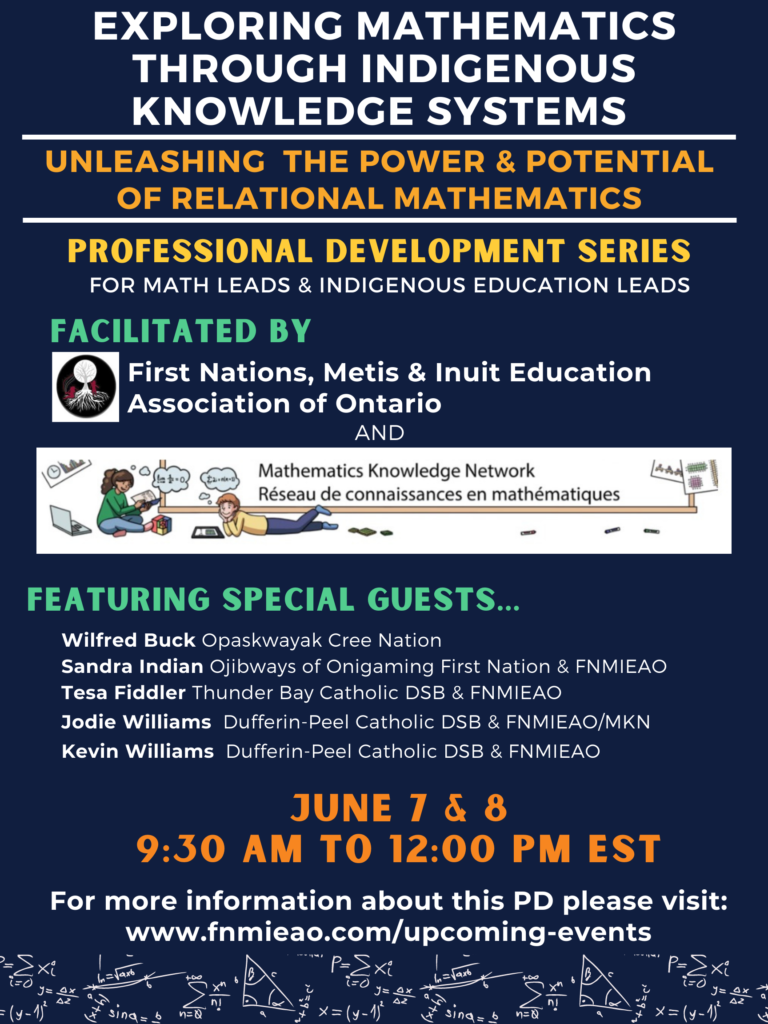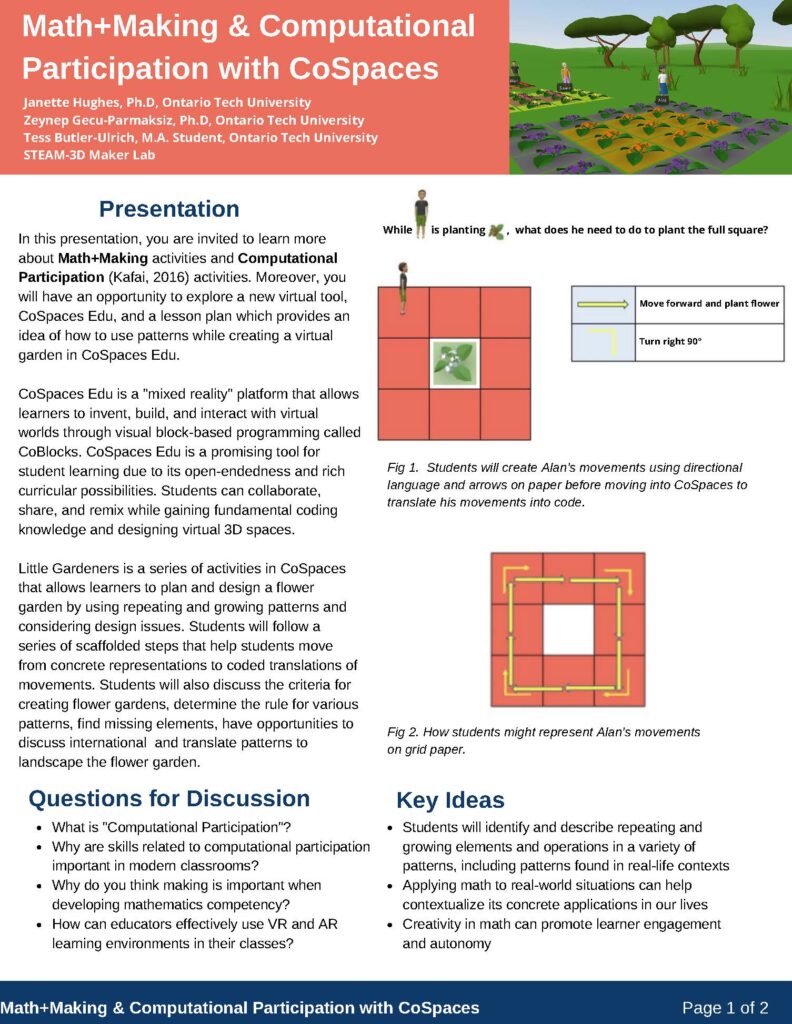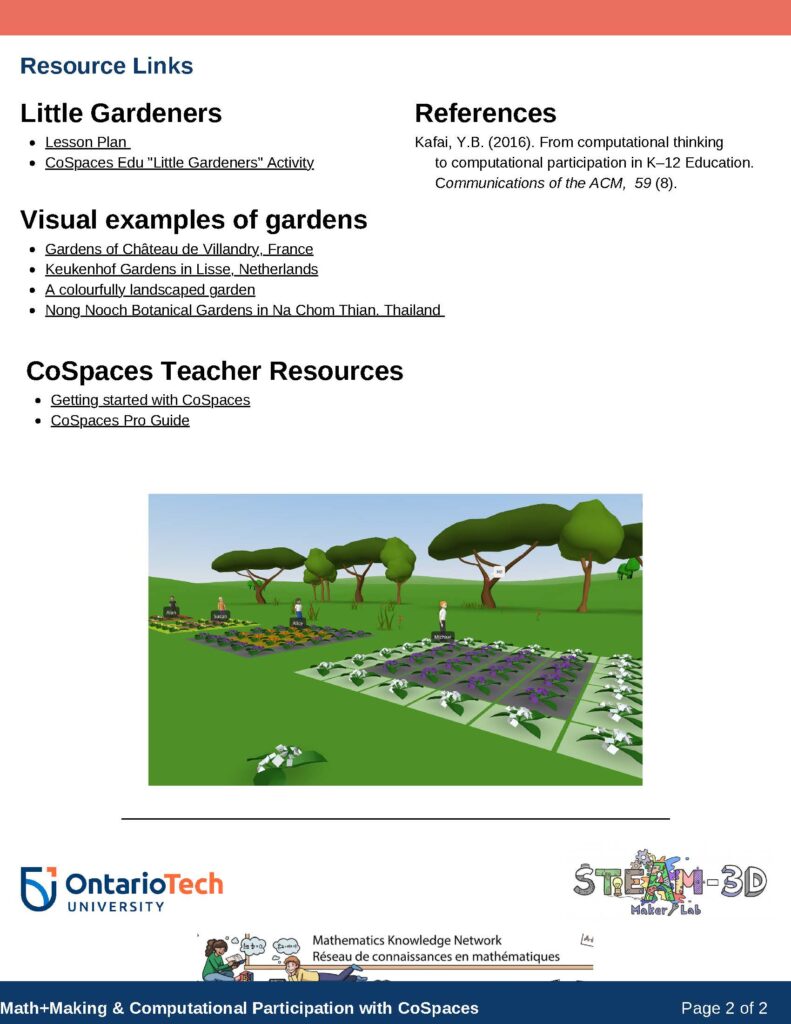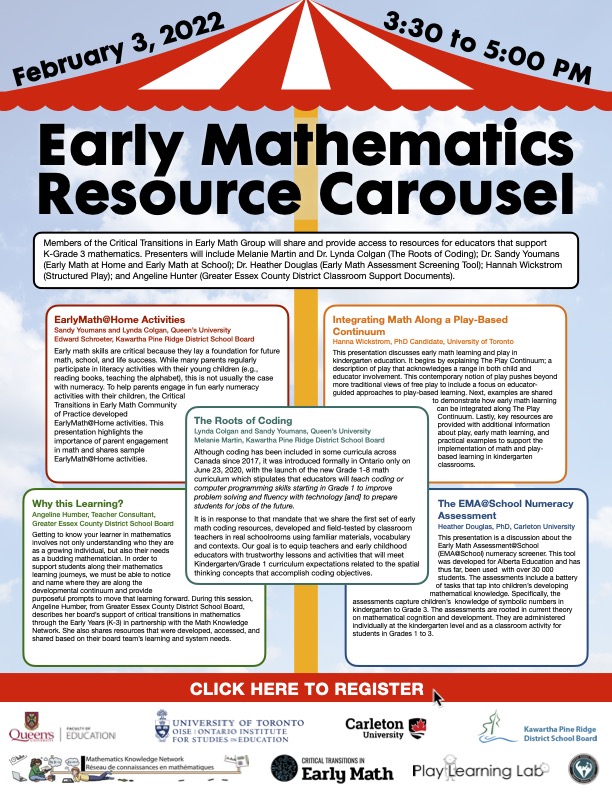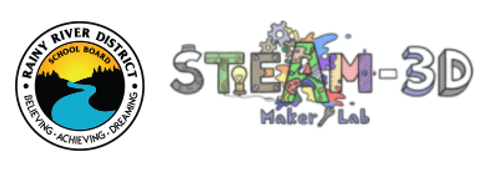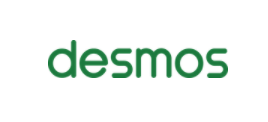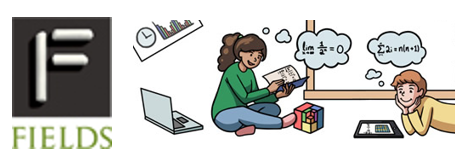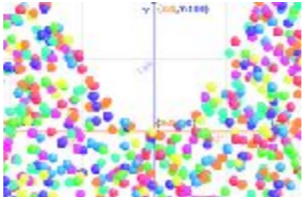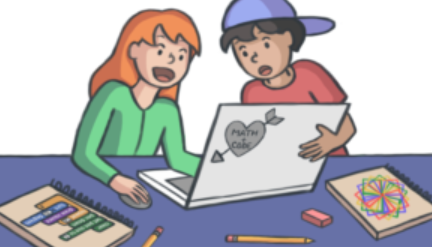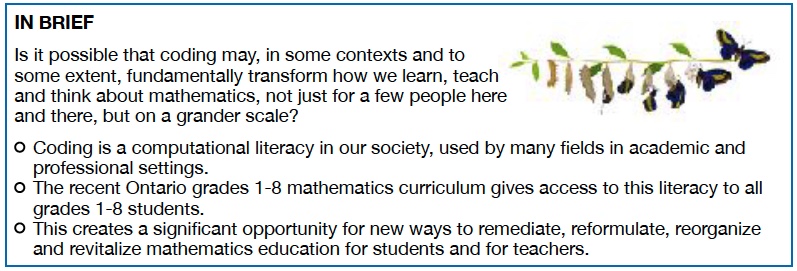We are excited to announce the fifth Professional Development session in a series from our Communities of Practice: Math Leadership, Critical Transitions, Indigenous Knowledge & Computational Modelling.
This is a TWO-DAY PD Session, and requires registration and attendance for June 7 & 8 from 9:30am to 12pm.
Members of the Indigenous Knowledge CoP will explore how…
- Mathematics, along with other subjects, are not exempt from colonial bias and harmful practices that lead to inequities in student achievement.
- Exploring the impacts of colonialism will help to understand the importance of destreaming.
- Indigenous knowledge systems, pedagogies and methodologies can enhance and support the teaching and learning of mathematical concepts.
- Colonialism, through the education system has dismissed, devalued and erased Indigenous knowledge systems.
Learn more about the event on the FNMIEAO website!
